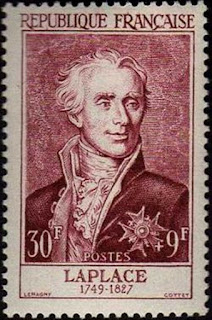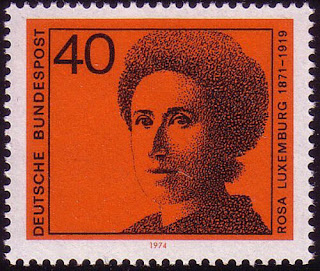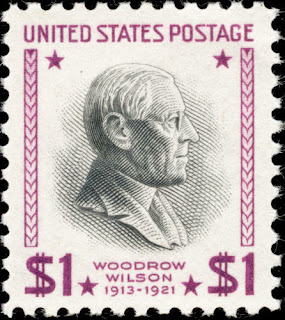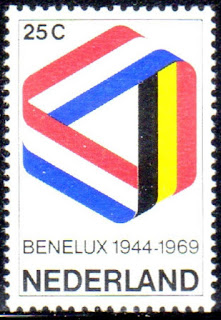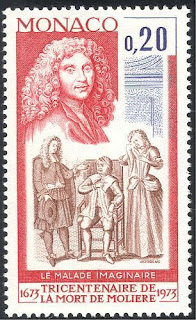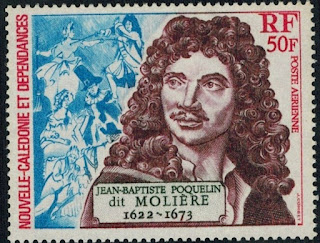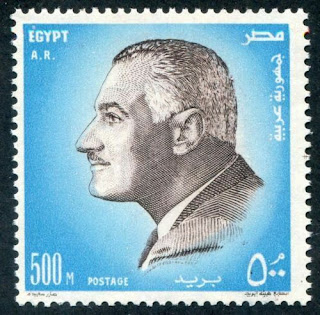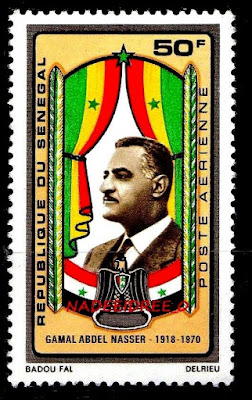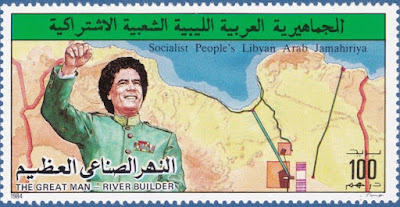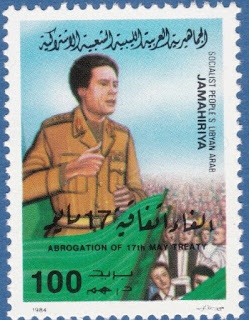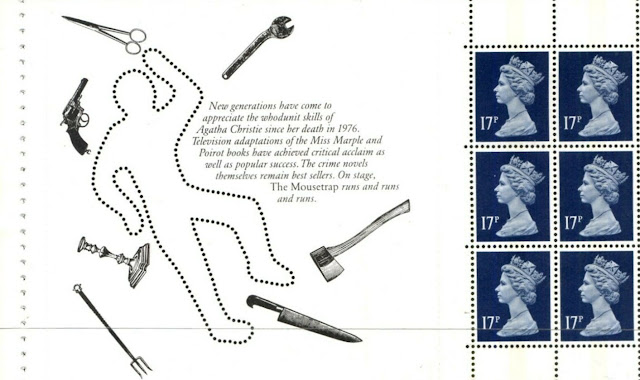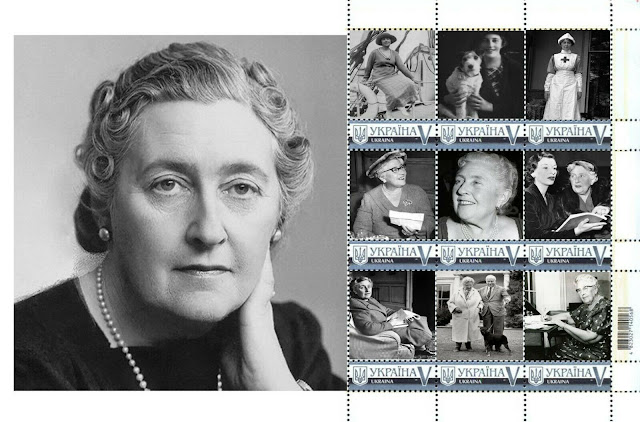1512 Born: Gerardus Mercator, Flemish mathematician, cartographer, and philosopher (d. 1594)
Gerardus Mercator (5 March 1512 – 2 December 1594) was a 16th-century geographer, cosmographer and cartographer from the County of Flanders. He is most renowned for creating the 1569 world map based on a new projection which represented sailing courses of constant bearing (rhumb lines) as straight lines—an innovation that is still employed in nautical charts.
Mercator was one of the pioneers of cartography and is widely considered the most notable figure of the school in its golden age (approximately 1570s–1670s). In his own day, he was a notable as maker of globes and scientific instruments. In addition, he had interests in theology, philosophy, history, mathematics and geomagnetism. He was also an accomplished engraver and calligrapher. Unlike other great scholars of the age he travelled little and his knowledge of geography came from his library of over one thousand books and maps, from his visitors and from his vast correspondence (in six languages) with other scholars, statesmen, travellers, merchants and seamen. Mercator's early maps were in large formats suitable for wall mounting but in the second half of his life, he produced over 100 new regional maps in a smaller format suitable for binding into his Atlas of 1595. This was the first appearance of the word Atlas in reference to a book of maps. However, Mercator used it as a neologism for a treatise (Cosmologia) on the creation, history and description of the universe, not simply a collection of maps. He chose the word as a commemoration of the Titan Atlas, "King of Mauretania", whom he considered to be the first great geographer.
A large part of Mercator's income came from sales of his terrestrial and celestial globes. For sixty years they were considered the finest in the world, and were sold in such great numbers that there are many surviving examples. This was a substantial enterprise involving the manufacture of the spheres, printing the gores, building substantial stands, packing and distributing all over Europe. He was also renowned for his scientific instruments, particularly his astrolabes and astronomical rings used to study the geometry of astronomy and astrology.
Mercator wrote on geography, philosophy, chronology and theology. All of the wall maps were engraved with copious text on the region concerned. As an example the famous world map of 1569 is inscribed with over five thousand words in fifteen legends. The 1595 Atlas has about 120 pages of maps and illustrated title pages but a greater number of pages are devoted to his account of the creation of the universe and descriptions of all the countries portrayed. His table of chronology ran to some 400 pages fixing the dates (from the time of creation) of earthly dynasties, major political and military events, volcanic eruptions, earthquakes and eclipses. He also wrote on the gospels and the old testament.
Mercator was a devout Christian born into a Catholic family at a time when Martin Luther's Protestantism was gaining ground. He never declared himself as a Lutheran but he was clearly sympathetic and he was accused of heresy by Catholic authorities; after six months in prison he was released unscathed. This period of persecution is probably the major factor in his move from Catholic Leuven (Louvain) to a more tolerant Duisburg, in the Holy Roman Empire, where he lived for the last thirty years of his life. Walter Ghim, Mercator's friend and first biographer, describes him as sober in his behaviour, yet cheerful and witty in company, and never more happy than in debate with other scholars. Above all he was pious and studious until his dying days.
Stamps from Belgium, Germany and Romania depicting Gerardus Mercator
1827 Died: Pierre-Simon Laplace, French mathematician and astronomer (b. 1749)
Pierre-Simon, marquis de Laplace (23 March 1749 – 5 March 1827) was a French scholar and polymath whose work was important to the development of engineering, mathematics, statistics, physics, astronomy, and philosophy. He summarized and extended the work of his predecessors in his five-volume Mécanique Céleste (Celestial Mechanics) (1799–1825). This work translated the geometric study of classical mechanics to one based on calculus, opening up a broader range of problems. In statistics, the Bayesian interpretation of probability was developed mainly by Laplace.
Laplace formulated Laplace's equation, and pioneered the Laplace transform which appears in many branches of mathematical physics, a field that he took a leading role in forming. The Laplacian differential operator, widely used in mathematics, is also named after him. He restated and developed the nebular hypothesis of the origin of the Solar System and was one of the first scientists to postulate the existence of black holes and the notion of gravitational collapse.
Laplace is remembered as one of the greatest scientists of all time. Sometimes referred to as the French Newton or Newton of France, he has been described as possessing a phenomenal natural mathematical faculty superior to that of any of his contemporaries. He was Napoleon's examiner when Napoleon attended the École Militaire in Paris in 1784. Laplace became a count of the Empire in 1806 and was named a marquis in 1817, after the Bourbon Restoration.
1827 Died: Alessandro Volta, Italian physicist and academic (b. 1745)
Alessandro Giuseppe Antonio Anastasio Volta (18 February 1745 – 5 March 1827) was an Italian physicist, chemist, and pioneer of electricity and power who is credited as the inventor of the electric battery and the discoverer of methane. He invented the Voltaic pile in 1799, and reported the results of his experiments in 1800 in a two-part letter to the President of the Royal Society. With this invention Volta proved that electricity could be generated chemically and debunked the prevalent theory that electricity was generated solely by living beings. Volta's invention sparked a great amount of scientific excitement and led others to conduct similar experiments which eventually led to the development of the field of electrochemistry.
Volta also drew admiration from Napoleon Bonaparte for his invention, and was invited to the Institute of France to demonstrate his invention to the members of the Institute. Volta enjoyed a certain amount of closeness with the emperor throughout his life and he was conferred numerous honors by him. Volta held the chair of experimental physics at the University of Pavia for nearly 40 years and was widely idolized by his students.
Despite his professional success, Volta tended to be a person inclined towards domestic life and this was more apparent in his later years. At this time he tended to live secluded from public life and more for the sake of his family until his eventual death in 1827 from a series of illnesses which began in 1823. The SI unit of electric potential is named in his honor as the volt.
1871 Born: Rosa Luxemburg, Polish-Russian economist and philosopher (d. 1919)
Rosa Luxemburg (5 March 1871 – 15 January 1919) was a Polish Marxist, philosopher, economist, anti-war activist and revolutionary socialist who became a naturalized German citizen at the age of 28. Successively, she was a member of the Social Democracy of the Kingdom of Poland and Lithuania (SDKPiL), the Social Democratic Party of Germany (SPD), the Independent Social Democratic Party (USPD) and the Communist Party of Germany (KPD).
After the SPD supported German involvement in World War I in 1915, Luxemburg and Karl Liebknecht co-founded the anti-war Spartacus League (Spartakusbund) which eventually became the KPD. During the November Revolution, she co-founded the newspaper Die Rote Fahne (The Red Flag), the central organ of the Spartacist movement. Luxemburg considered the Spartacist uprising of January 1919 a blunder, but supported the attempted overthrow of the government and rejected any attempt at a negotiated solution. Friedrich Ebert's majority SPD government crushed the revolt and the Spartakusbund by sending in the Freikorps, government-sponsored paramilitary groups consisting mostly of World War I veterans. Freikorps troops captured and summarily executed Luxemburg and Liebknecht during the rebellion. Luxemburg's body was thrown in the Landwehr Canal in Berlin.
Due to her pointed criticism of both the Leninist and the more moderate social democratic schools of socialism, Luxemburg has had a somewhat ambivalent reception among scholars and theorists of the political left. Nonetheless, Luxemburg and Liebknecht were extensively idolized as communist martyrs by the East German communist regime. The German Federal Office for the Protection of the Constitution notes that idolization of Luxemburg and Liebknecht is an important tradition of German far-left extremism.
1953 – Joseph Stalin, the longest serving leader of the Soviet Union, dies at his Volynskoe dacha in Moscow after suffering a cerebral hemorrhage 4 days earlier.
Joseph Vissarionovich Stalin (18 December 1878 – 5 March 1953) was a Georgian revolutionary and Soviet politician who led the Soviet Union from the mid–1920s until 1953 as the general secretary of the Communist Party of the Soviet Union (1922–1952) and premier of the Soviet Union (1941–1953). Despite initially governing the Soviet Union as part of a collective leadership, he eventually consolidated power to become the country's de facto dictator by the 1930s. A communist ideologically committed to the Leninist interpretation of Marxism, Stalin formalised these ideas as Marxism–Leninism, while his own policies are known as Stalinism.
Born to a poor family in Gori in the Russian Empire (now Georgia), Stalin joined the Marxist Russian Social Democratic Labour Party as a youth. He edited the party's newspaper, Pravda, and raised funds for Vladimir Lenin's Bolshevik faction via robberies, kidnappings, and protection rackets. Repeatedly arrested, he underwent several internal exiles. After the Bolsheviks seized power during the 1917 October Revolution and created a one-party state under Lenin's newly renamed Communist Party, Stalin joined its governing Politburo. Serving in the Russian Civil War before overseeing the Soviet Union's establishment in 1922, Stalin assumed leadership over the country following Lenin's 1924 death. Under Stalin, "Socialism in One Country" became a central tenet of the party's dogma. Through the Five-Year Plans, the country underwent agricultural collectivisation and rapid industrialisation, creating a centralised command economy. This led to significant disruptions in food production that contributed to the famine of 1932–33. To eradicate accused "enemies of the working class", Stalin instituted the "Great Purge", in which over a million were imprisoned and at least 700,000 executed between 1934 and 1939. By 1937, he had complete personal control over the party and state.
Stalin's government promoted Marxism–Leninism abroad through the Communist International and supported European anti-fascist movements during the 1930s, particularly in the Spanish Civil War. In 1939, it signed a non-aggression pact with Nazi Germany, resulting in the Soviet invasion of Poland. Germany ended the pact by invading the Soviet Union in 1941. Despite initial setbacks, the Soviet Red Army repelled the German incursion and captured Berlin in 1945, ending World War II in Europe. The Soviets annexed the Baltic states and helped establish Soviet-aligned governments throughout Central and Eastern Europe, China, and North Korea. The Soviet Union and the United States emerged from the war as global superpowers. Tensions arose between the Soviet-backed Eastern Bloc and U.S.-backed Western Bloc which became known as the Cold War. Stalin led his country through the post-war reconstruction, during which it developed a nuclear weapon in 1949. In these years, the country experienced another major famine and an anti-semitic campaign peaking in the doctors' plot. After Stalin's death in 1953 he was eventually succeeded by Nikita Khrushchev, who denounced his predecessor and initiated the de-Stalinisation of Soviet society.
Widely considered one of the 20th century's most significant figures, Stalin was the subject of a pervasive personality cult within the international Marxist–Leninist movement which revered him as a champion of the working class and socialism. Since the dissolution of the Soviet Union in 1991, Stalin has retained popularity in Russia and Georgia as a victorious wartime leader who established the Soviet Union as a major world power. Conversely, his totalitarian government has been widely condemned for overseeing mass repressions, ethnic cleansing, deportations, hundreds of thousands of executions, and famines which killed millions.
Stamps from Russia and China depicting Stalin




